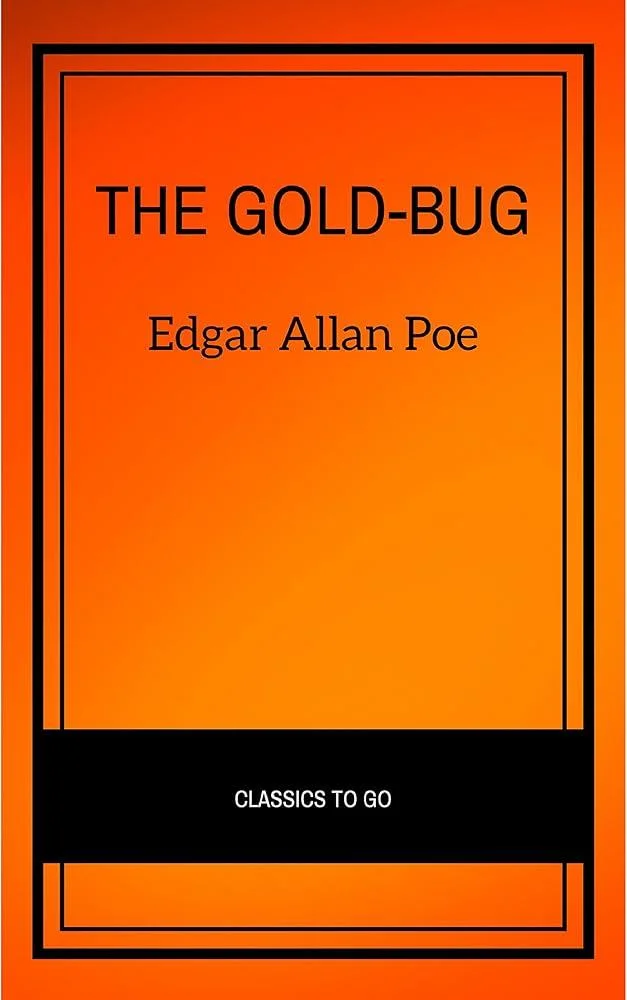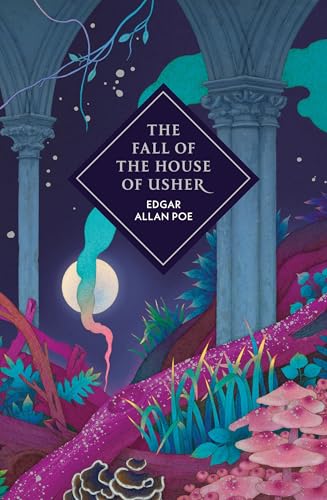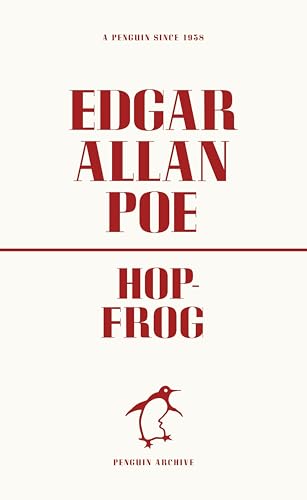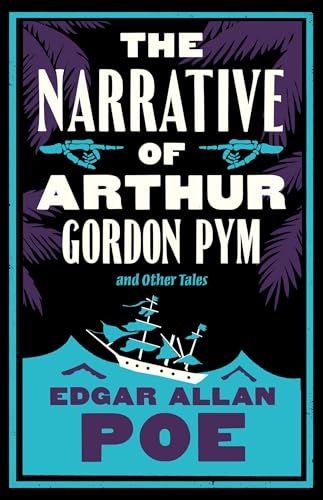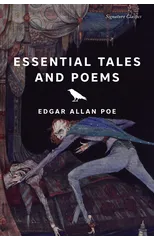'Dat gold bug was a vicious bug. Massa caught it first but it bit him. I think da bite has made Massa poorly. It has affected him in da head.' William Legrand has found a new type of bug, a golden bug, unusually heavy. His servant, Jupiter, is worried. Why is Legrand behaving so oddly? Has the bug's bite made him mad? When Legrand shows his friend a drawing of the gold bug, it looks more like a skull. What can this mean? The arrival of the gold bug leads the three men on an exciting adventure towards skeletons, a skull and a hunt for buried treasure. Should we believe Jupiter's superstitious fears, or is there a more logical explanation of events? If there is, can you, the reader, discover it? Real Reads are accessible texts designed to support the literacy development of primary and lower secondary age children while introducing them to the riches of our international literary heritage. Each book is a retelling of a work of great literature from one of the world's greatest cultures, fitted into a 64-page book, making classic stories, dramas and histories available to intelligent young readers as a bridge to the full texts, to language students wanting access to other cultures, and to adult readers who are unlikely ever to read the original versions.
Edgar Allan Poe
Edgar Allan Poe was an American writer known for his macabre and gothic tales that explored themes of death, madness, and the supernatural. His most notable works include "The Tell-Tale Heart," "The Raven," and "The Fall of the House of Usher." Poe's writing style is characterized by its dark and eerie atmosphere, intricate plots, and use of symbolism and suspense.
Poe is considered a pioneer of the detective fiction genre with his creation of the fictional detective C. Auguste Dupin in stories like "The Murders in the Rue Morgue." He also made significant contributions to the development of the modern short story and poetry.
One of Poe's most famous works is the poem "The Raven," which tells the story of a man haunted by a mysterious raven that visits him in the night. The poem's haunting rhythm and repetition of the word "nevermore" have made it a classic of American literature.
Poe's impact on literature is profound, as his works continue to inspire and influence writers to this day. His exploration of the darker aspects of human nature and his mastery of the craft of storytelling have cemented his legacy as one of the greatest writers in American literary history.
